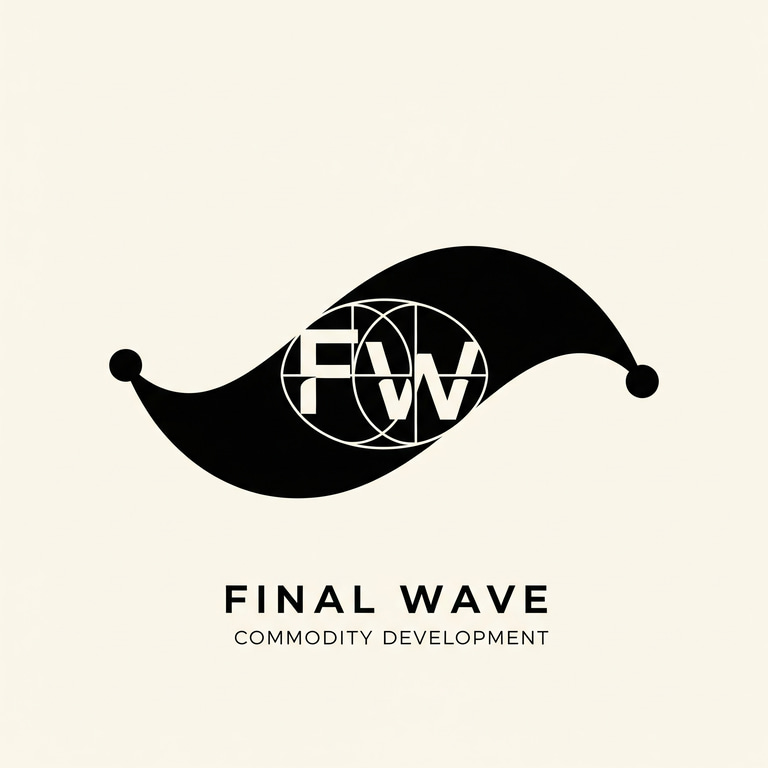The Trade Game
How Smart Counies Stay Rich While Resource-Rich Countries Stay Poor
5/8/20245 min read


You know how Canada keeps talking about diversifying away from resource extraction but never actually does it? There's a reason for that. And it's the same reason Brazil can't turn its iron ore into cars, Argentina can't turn its soybeans into packaged foods, and Mexico's factories don't actually make Mexico rich.
This is the story of how international trade really works - not the version they teach in economics class, but the actual mechanics that determine who gets rich and who stays poor. Once you see it, you can't unsee it.
The Genius Trap That Nobody Talks About
Here's a mind-bending fact: having natural resources usually makes countries poorer, not richer. Economists call it the "resource curse" but that makes it sound mystical. It's actually pure mechanics.
Take Brazil. Massive iron ore deposits, huge agricultural potential, newly discovered oil reserves. In 2003, China starts buying everything Brazil can dig up. Money floods in. The Brazilian currency gets stronger. And then something weird happens:
Every single Brazilian manufacturer becomes 40% less competitive overnight. Not because they got worse at making things. Not because Chinese workers are smarter. But because their currency got "too strong."
Meanwhile, imported goods get cheaper. Why build a tractor factory when you can import tractors for less? Why develop technology when you can buy it? Fast forward to today: Brazil exports iron ore to China and imports Chinese cars made with Brazilian iron. The value-added markup? About 2000%.
The Tariff Scam That Locks It All In
This is where it gets genuinely clever. Check out how tariffs work on coffee:
Raw coffee beans entering developed countries: 0% tariff
Roasted coffee: 7.5% tariff
Instant coffee: 9% tariff
Coffee-flavored products: 12% tariff
See the pattern? The more you process it, the more you're punished. It's a perfect system to keep poor countries shipping raw materials while rich countries do all the profitable processing.
But wait, you say, can't these countries just put up their own tariffs to protect domestic industry? They tried that. Here's what happened:
Brazil puts 35% tariffs on manufactured imports to "protect" domestic industry. Sounds smart, right? Except they also created something called Ex-Tarifário - duty-free imports for any equipment "not made in Brazil." Result: Brazilian companies just import all their factory equipment. Why develop domestic machine tools when you can import them duty-free? It's like trying to level up in a game where buying gear from other players is always cheaper than crafting it yourself.
Mexico's Fake Factories
Mexico's maquiladora system is probably the most elegant scam in modern economics. Here's how it works:
3 million Mexicans work in factories along the US border. These factories import components duty-free, assemble them, and export the finished products. Sounds like industrialization, right?
Here's the kicker: Mexican companies pay 16% tax to supply these factories. Foreign suppliers pay 0%.
Read that again. The game is literally rigged so Mexican companies can't participate in their own industrialization. It's like having factories in your country that you're not allowed to supply.
Result: Mexico has millions of "manufacturing" jobs that create zero domestic industrial capacity. The factories might as well be on space stations for all the good they do the Mexican economy. Wages stay at $2/hour because workers have no bargaining power - they're not part of an integrated economy, just cheap hands for foreign assembly.
The IMF Protection Racket
Whenever a country tries to break out of this system, the IMF shows up like a mob enforcer. Argentina tried taxing soybean exports at 35% to fund industrial development. Smart move - tax the commodity exports to prevent currency appreciation and fund domestic industry.
What happened? First, the big agricultural exporters (6 foreign companies control 93% of processing) organized strikes. Then the IMF showed up talking about "market distortions." Then Argentina's currency mysteriously came under attack. Eventually they backed down. Argentina has now defaulted 9 times trying to develop under this system.
The pattern is always the same:
1. Country tries industrial policy
2. Currency comes under attack
3. IMF offers "help" with conditions
4. Conditions include removing the industrial policy
5. Back to exporting raw materials
It's like having a referee who always calls fouls on the team that's behind.
Why Honduras Is Poor and Cuba Isn't Dead
Two countries, two approaches, two outcomes:
Honduras went all-in on free trade. Signed CAFTA, opened maquiladoras, followed every IMF recommendation. Result:
- 73% poverty rate
- 25% of GDP comes from people fleeing to work abroad
- When the president tried to raise minimum wage by 60%, the military literally overthrew him
Cuba said screw it and disconnected from the system entirely. Result:
- Higher life expectancy than the US (79.9 vs 78.9 years)
- 99.8% literacy
- More doctors per capita than any developed country
- GDP per capita: way lower, but nobody starves
Cuba proves something important: being poor in GDP terms and being poor in human terms are different things. Honduras has higher GDP per capita but worse health outcomes. Makes you think about what "wealth" actually means.
The Part Where It Gets Personal
This isn't just about faraway countries. The same dynamics explain:
Why Canada can't seem to diversify from resource extraction despite talking about it for decades. Every oil boom makes manufacturing less competitive. Alberta oil makes Ontario manufacturing more expensive. It's the same trap.
Why manufacturing jobs left North America. Not because Chinese workers are better - because the global system rewards some countries for manufacturing and punishes others for trying.
Why immigration from Central America keeps increasing. When your economy is structured to pay $2/hour for assembly work and punish local business development, people leave. The 2 million Hondurans working abroad aren't fleeing their culture - they're fleeing an economic structure designed to keep wages at starvation levels.
How They Keep Getting Away With It
In Brazil, agribusiness controls 47.8% of Congress. They get $70 billion in subsidized credit every harvest. Why would they want to change a system that makes them rich?
Same pattern everywhere. The people getting rich from resource extraction have the money to buy political influence. They use that influence to maintain the system. Democracy becomes a game where the resource exporters always win because they can buy the most votes.
Even better: they convince everyone this is "natural." That some countries are just "better" at manufacturing while others are "naturally" resource exporters. Like it's genetics instead of game mechanics.
The Uncomfortable Truth
The global trading system isn't broken. It's working exactly as designed. It's a machine for transferring value from countries that extract resources to countries that process them. Every rule, every institution, every "free trade" agreement reinforces this pattern.
The genius is making it look like market forces when it's actually policy choices:
- Tariff structures that punish value-added production
- Currency systems that make industrial development impossible
- Political capture that prevents reform
- International institutions that enforce the rules
Once you see how the machine works, everything makes sense. Why Africa stays poor despite massive resources. Why Latin America can't industrialize despite trying for decades. Why the Middle East can't diversify beyond oil. Why Canada keeps talking about innovation but stays dependent on resources.
It's not culture. It's not work ethic. It's not corruption (well, not just corruption). It's a system designed to produce exactly these results.
The question is: what do you do once you know how the game is rigged?
